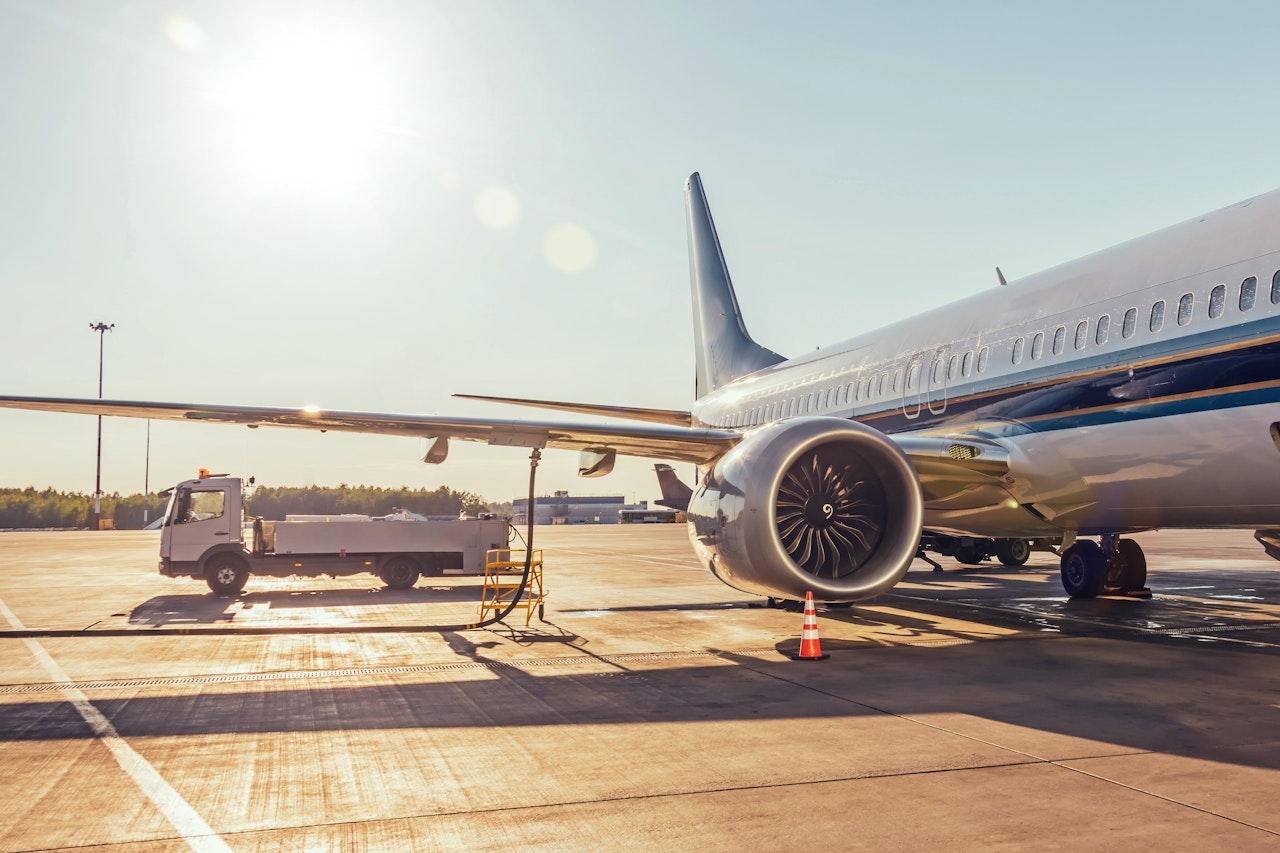The Role of E-fuels in Decarbonising Transport

About this report
Rapid deployment of low-emission fuels during this decade will be crucial to accelerate the decarbonisation of the transport sector. Significant electrification opportunities are available for the road transport sector, while the aviation and marine sectors continue to be more reliant on fuel-based solutions for their decarbonisation.
Fuels obtained from electrolytic hydrogen, or e-fuels, could be a viable pathway and scale up quickly by 2030, underpinned by a massive expansion of cheaper renewable electricity and anticipated cost reductions of electrolysers. Low-emission e-fuels can add to the diversification of decarbonisation options that are available for aviation and shipping and there exists a big potential synergy with biofuels production, especially in the form of biogenic CO2 utilisation.
This new IEA report presents a techno-economic assessment of a family of emerging e-fuel technologies. It assesses the implications in terms of needed cost reductions, resources and infrastructure investments of an assumed ambitious goal of achieving a 10% share of e-fuels in aviation and shipping by 2030.